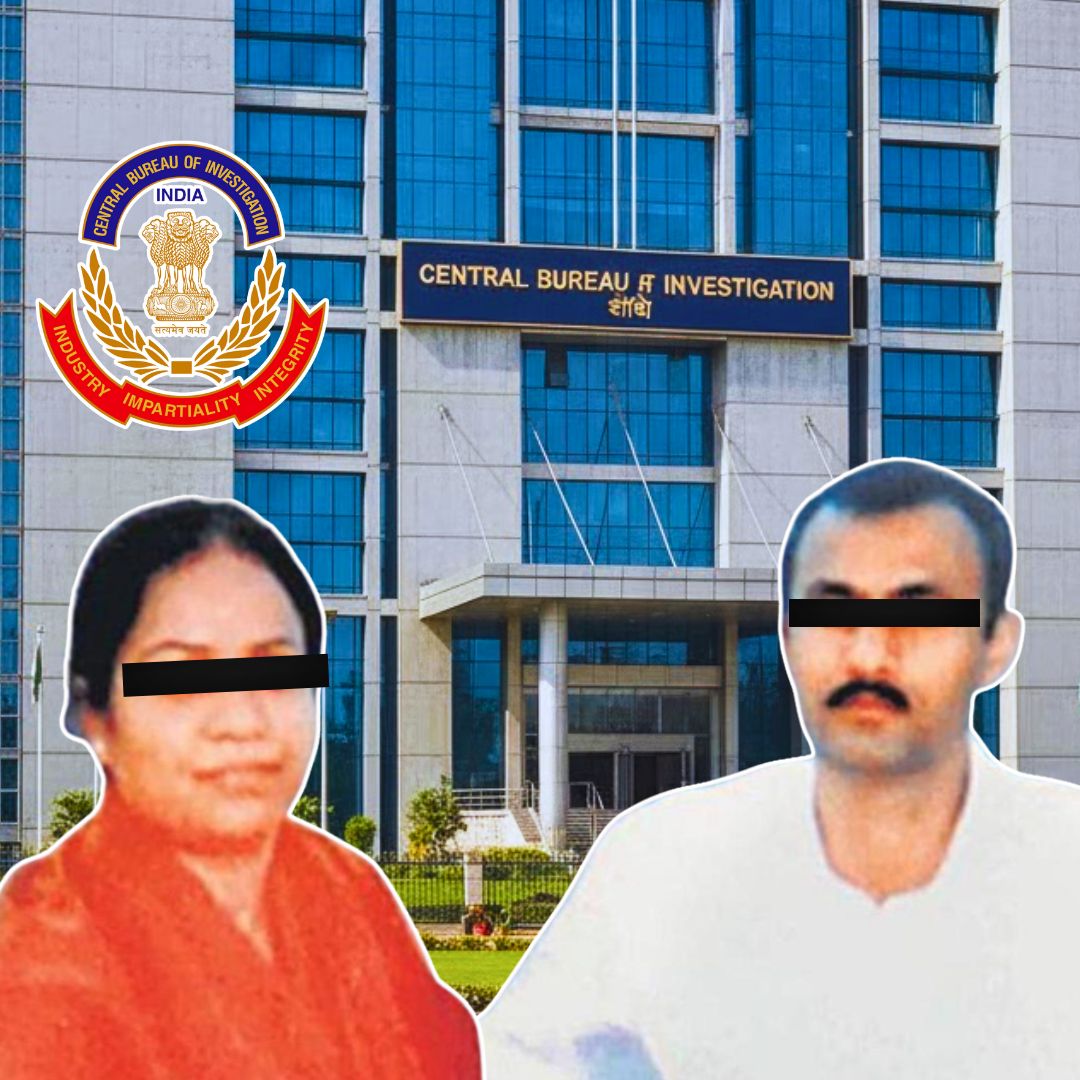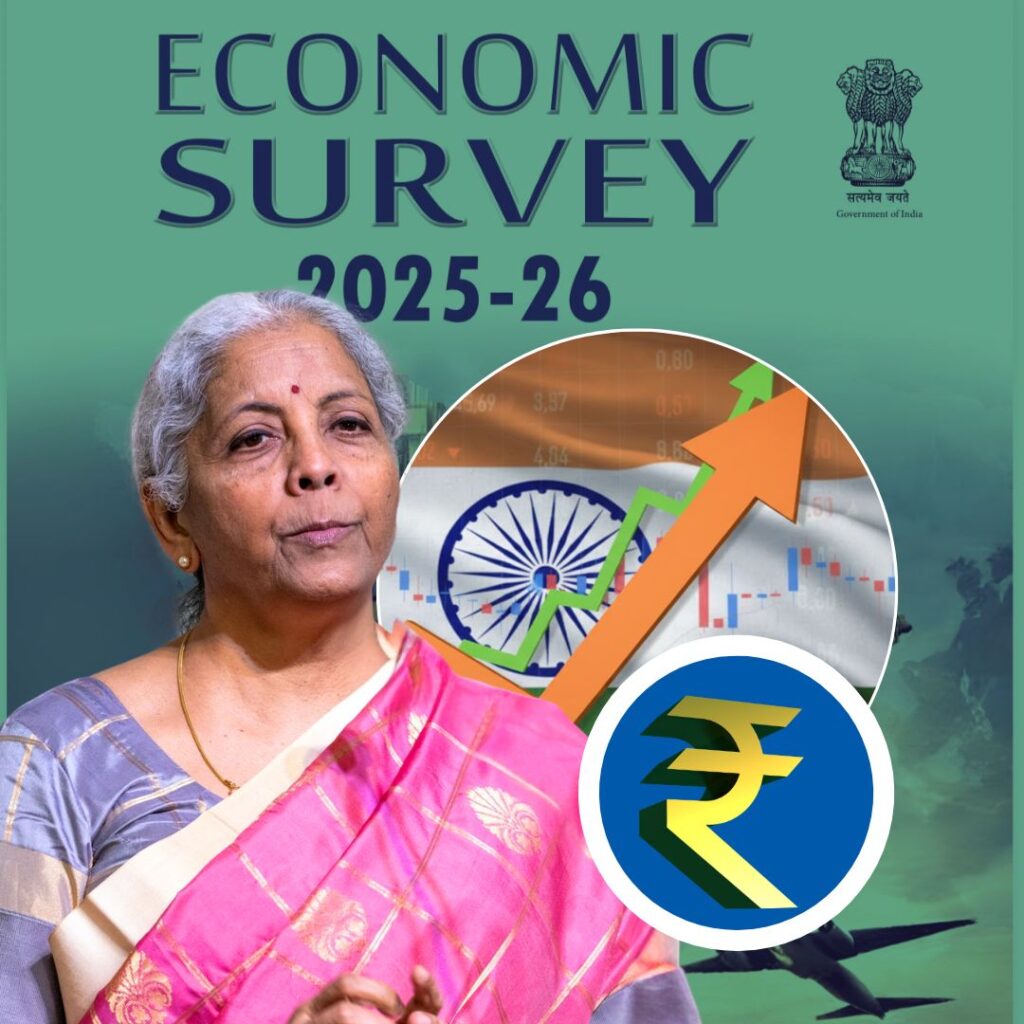The Central Bureau of Investigation (CBI) informed the Bombay High Court on Wednesday that it has accepted the acquittal of all 22 policemen accused in the alleged fake encounter of gangster Sohrabuddin Shaikh in 2005. The CBI has decided not to challenge the 2018 special court verdict that acquitted the accused due to insufficient evidence.
The case involves the killing of Shaikh, his wife Kausar Bi, and associate Tulsiram Prajapati in staged police encounters. Shaikh’s brothers, Rubabuddin and Nayabuddin, continue to contest the acquittal, alleging trial irregularities. The Bombay High Court has scheduled further hearings to consider the brothers’ appeal and witness-related grievances.
CBI’s Acceptance of Acquittal and Official Proceedings
In a significant development, the CBI formally accepted the special court’s December 2018 judgment acquitting 22 police officers implicated in the Sohrabuddin fake encounter case. The announcement was made before the Bombay High Court by the Additional Solicitor General, Anil Singh, representing the agency.
Singh stated plainly that the CBI would not file any appeal challenging the acquittal. This move effectively ends the agency’s pursuit of legal remedies to prosecute the accused policemen.
The judgment had previously acquitted the policemen on grounds of lack of evidence linking them conclusively to a conspiracy or proving involvement beyond reasonable doubt. The prosecution’s failure to establish a clear connection between the accused officials and alleged political influences was also pivotal. The court required detailed submissions regarding witness testimonies, which Shaikh’s brothers claimed were inaccurately recorded during the trial. They urged the court to re-examine these statements to ensure justice.
Background of the Sohrabuddin Encounter Case
The case dates back to 2005 when Sohrabuddin Shaikh, alleged to be involved in organised crime, was killed along with his wife Kausar Bi in a police encounter near Ahmedabad, Gujarat. The police treated the killings as encounters justified by security concerns and criminal activity.
However, public allegations arose that the incidents were fake encounters orchestrated by police officers. The case gained further complexity when key witness Tulsiram Prajapati, who was expected to provide critical testimony against the accused, was also killed in a subsequent encounter in 2006 under suspicious circumstances.
The Supreme Court intervened after widespread public and media scrutiny, ordering a CBI investigation into the matter. The trial was moved from Gujarat to a special court in Mumbai due to concerns over impartiality. The legal proceedings extended over years, with multiple accused involved, including policemen, political figures, and others. The case became emblematic of debates on police accountability, the integrity of law enforcement, and misuse of power in India.
Impact and Perspectives of Stakeholders
The acquittal and the CBI’s acceptance have been met with contrasting reactions. For the accused policemen, this marks a vindication after years of legal battles and scrutiny. The verdict emphasizes the importance of evidence-based prosecution and the need to uphold the principle of “innocent until proven guilty.”
On the other hand, the Shaikh family, particularly Rubabuddin and Nayabuddin, have expressed continuing dissatisfaction and distrust with the judicial process. They argue that witness protection was inadequate, leading to compromised testimonies, and that the full truth remains obscured. Their insistence on challenging the acquittal highlights the ongoing demand for transparency and accountability, particularly in cases of alleged custodial killings.
The CBI’s decision not to appeal also reflects the challenges in prosecuting complex encounter cases with charged political and social undertones. Critics argue that such decisions may undermine public faith in justice systems, while supporters stress the importance of legal finality and avoidance of protracted litigation.
The Logical Indian’s Perspective
The conclusion of this high-profile case, while legally definitive, does not resolve broader systemic issues. The Logical Indian believes that justice rests not only on verdicts but also on ensuring processes that are transparent, empathetic, and protective of all parties involved. Witness protection must be strengthened to prevent intimidation or evidence manipulation, and independent oversight mechanisms should be empowered to review sensitive encounter cases.
True justice fosters societal peace and trust, encouraging coexistence and dialogue rather than conflict and mistrust between citizens and state institutions. In sensitive cases involving custodial deaths, it is imperative that investigative agencies remain unbiased and committed to uncovering truth without fear or favour.











